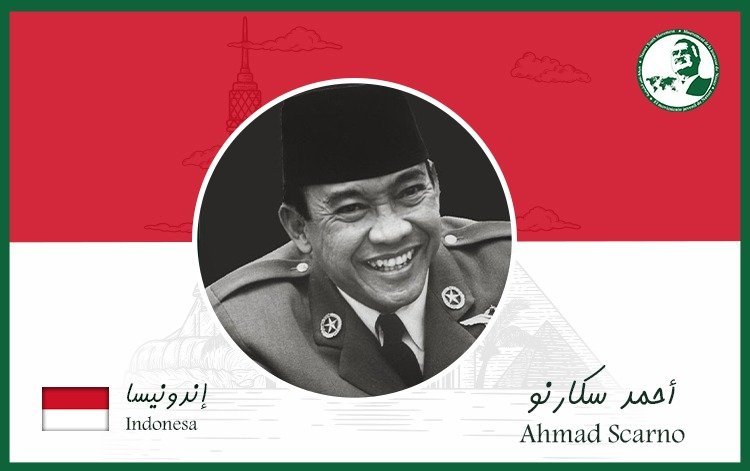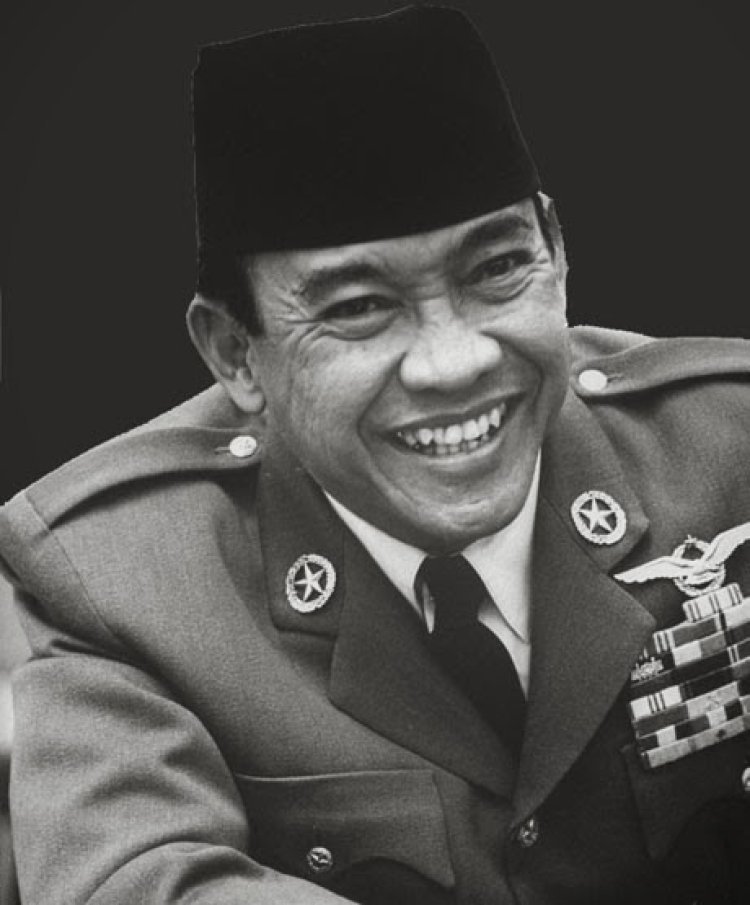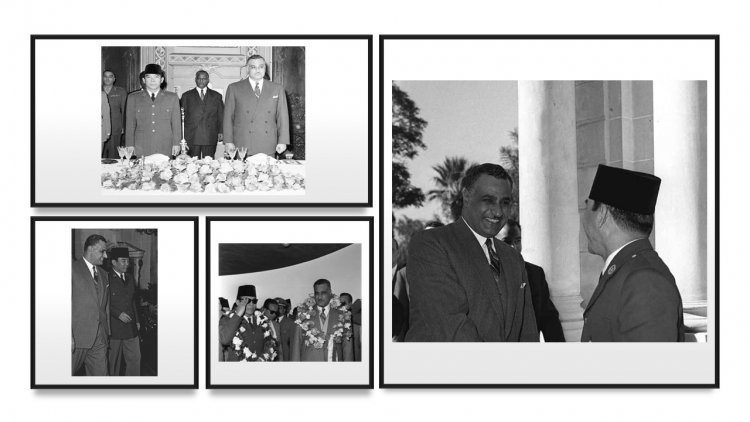Ahmed Sukarno, struggle pioneer

“And, I beg of you do not think of colonialism only in the classic form ;Colonialism has also its modern dress, in the form of economic control, intellectual control, actual physical control by a small but alien community within a nation. It is a skillful and determined enemy, and it appears in many guises…Wherever, whenever and however it appears, "colonialism is an evil thing, and one which must be eradicated from Earth”.
Ahmed Sukarno was born in Surabaya City on the island of East Java in the Dutch East India, now known as Indonesia, under the control of Dutch colonialism.

Sukarno was the only son of a humble schoolteacher working in a modern Dutch school. He was born on June 6, 1901, and his birth name was Kosno Dihardjo.
Ahmed Sukarno specialized in civil engineering at the Bandung Institute of Technology, then graduated in 1925 and obtained a doctorate in engineering from a Dutch university.
His political interests began in his early years at that institute, and he was considered one of the prominent student leaders who advocated independence from the Dutch occupation, and he was a member of the Indonesian National Party and later became its leader.
The Dutch authorities arrested him more than once in 1928. In 1933, he was arrested again and exiled to Flores Island and then to Sumatra until the Japanese occupation forces released him in 1942.
After Japan was defeated in World War II, the Indonesian revolutionaries declared the independence of their country and elected Ahmed Sukarno as president, and he held this position from 1945 until 1968.

One of the most significant works carried out by Ahmed Sukarno in the early years of his rule was the call for the convening of the Bandung Conference from 18-24 April 1955. 29 countries attended the conference from Asia and Africa. The most famous attendees were the former Egyptian President Gamal Abdel Nasser and the Indian Prime Minister Jawaharlal Nehru and the Chinese Prime Minister Xuan Liman. The conference resulted in the establishment of the Afro-Asian Group in the United Nations, and then the Non-Aligned Movement (NAM) after that.
Although Sukarno became a symbol of liberation in the third world, he was unable to face the challenges of development in his country. Based on that, some Western countries opposing his liberation movements took advantage of this matter and some army leaders turned against him.
In 1965, General Suharto thwarted an armed coup attempt by the communists, during which human rights violations occurred.
With the complication of President Sukarno's health condition, he issued a resolution appointing Suharto as acting president in 1967 and then elected in 1968 as Indonesia's president. Sukarno continued to struggle with illness until he passed away in 1970 at the age of sixty-nine.
